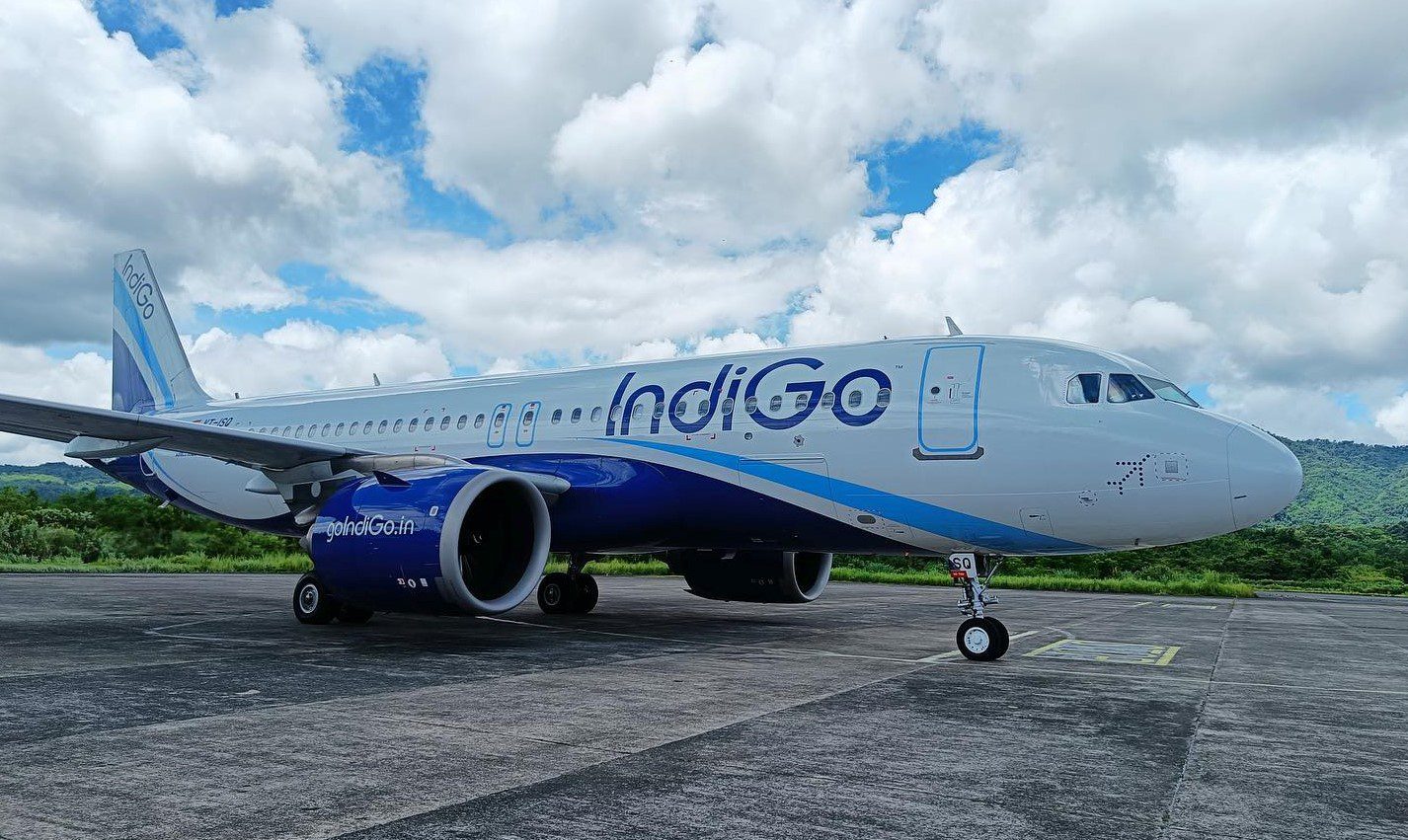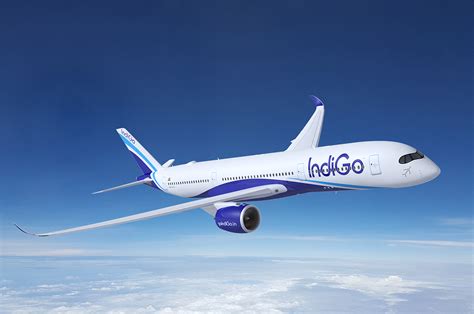
300342059 5385075691599367 5871154548192332001 n
Delhi-based low-cost airline IndiGo has introduced sensor technology for faster and more accurate scanning of life vests on its aircraft. For this, the airline has started using radio-frequency identification technology (RFID).
Sensor technology refers to an automated data collection technology that reads the tags which are on the life vests. This, in turn, helps in identifying, tracking, and locating the tagged life vest. With the introduction of this technology, IndiGo will be able to maintain life vest expiry date and availability on a real-time basis.
Commenting on the new initiative, Neetan Chopra, Chief Digital and Information Officer, IndiGo, said it has been developed completely in-house. Incidentally, Vistara, a joint venture between Singapore Airlines and Tata Sons had in March last year tied up with Ireland-based company ASD, to deploy RFIDAeroCheck Technology to scan emergency equipment to ensure accurate data and timely information regarding upcoming requirements.
According to IndiGo, not only has the new initiative been developed in-house, but “this sensor-based inspection process for life vests enables us to prepare aircraft faster for the next flight. We will continue to push into new digital and innovative frontiers and introduce more such solutions to enhance operational efficiency and provide on-time, hassle-free, and affordable travel experience to our customers,” Chopra said.
The induction of sensor technology will help IndiGo cut down the time it takes to inspect the life vests to three to four minutes per aircraft as against 90-120 minutes that a manual inspection of life jackets takes on the various variety of aircraft that the airline has in its fleet. IndiGo has a mixed fleet of Airbus A320 family and ATR aircraft. Life vests are mandatory safety equipment to be carried on all passenger aircraft in commercial service. These vests require periodic checks to ensure adequate numbers are available on board, and that they are in a serviceable condition.
For IndiGo, the introduction of this innovation will result in huge time savings as it operates India’s largest fleet of 300 aircraft, which carry more than 53.000 life vests, the airline said in a statement adding that the time savings will result in better fleet utilization and reduced waiting time for passengers.
This is the second new technology that has been introduced by IndiGo in the recent past. In August last year, the airline became the only airline globally to introduce a three-point disembarkation process. The process helps the airline finish disembarkation of the passengers faster than before.
In an interaction with AirInsight in September last year, shortly after taking over as the Chief Executive Officer, Pieter Elbers declined to get into specifics details of how much time was being saved and what additional fleet utilization had been possible due to the use of the three-point disembarkation process.
Views: 35




